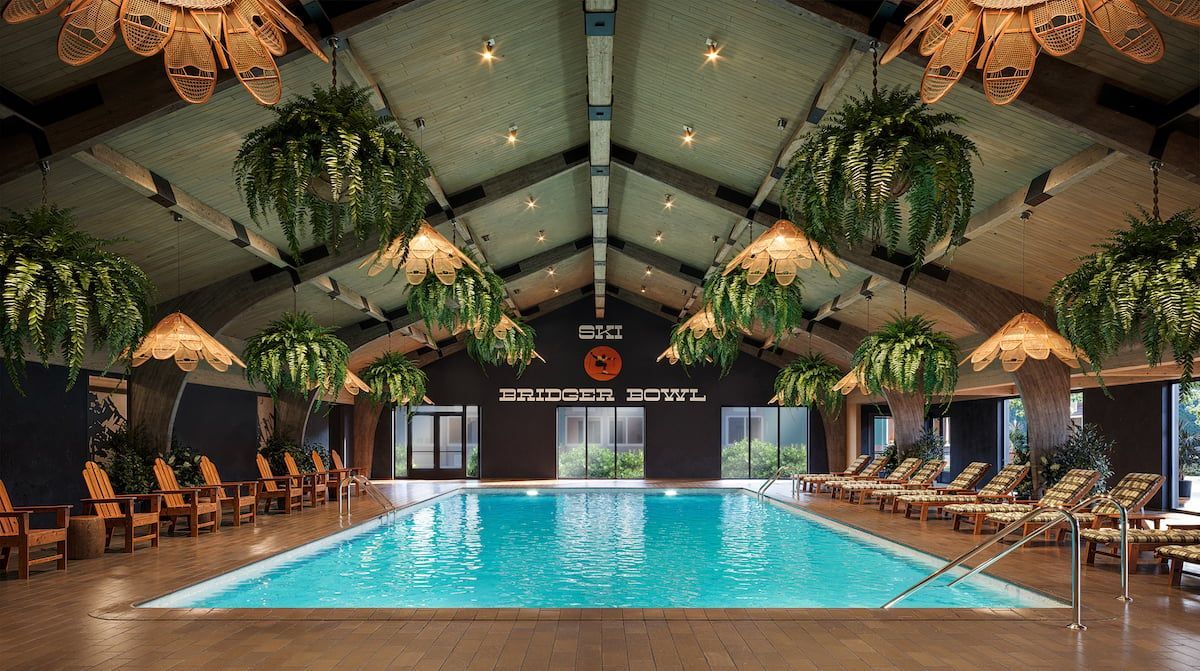Blending Boundaries: How the Hotel Industry's Evolution Is Shaping New Growth Horizons
The hotel industry is undergoing a significant transformation as it matures, marked by slowed unit growth, increased costs, and intensified competition for guests. This evolution is prompting hotels to find innovative ways to increase returns on investment, chiefly by driving higher same-store sales. To achieve this, hotels are expanding their services to not only retain existing customers but also to attract new demographics beyond the typical business and leisure travelers. This strategy involves forming partnerships with companies in different sectors, such as residential real estate, to offer diverse living options like co-living spaces, student housing, and senior communities, thus enhancing guest trust and flexibility.
Over the years, the hotel industry has benefitted from the scale and capital of global conglomerates, leading to a segmentation of brands and specialized growth in hotel branding, real estate ownership, and operations. However, as the industry faces the challenges of a saturated market and high customer acquisition costs, there's a strategic pivot towards international expansion, acquiring new brands, and forging strategic alliances. These partnerships, previously confined to closely related industries like airlines and car rentals, are now extending to sectors like food
delivery and health clubs, aiming to broaden the hotel's Total Addressable Market (TAM) and engage customers more comprehensively throughout their lives.
The integration of the hotel industry with other sectors is becoming increasingly prevalent, with traditional hotel companies venturing into markets like short-term rental management and branded residential developments. This convergence is driven by the need to create more integrated and amenity-rich living experiences that cater to various life stages and preferences. For instance, companies like Marriott are exploring opportunities in student housing and senior living, aiming to capture customer loyalty from an early age and maintain it into later life stages. These initiatives reflect a broader trend where hotel brands leverage their reputation and operational expertise to diversify offerings and tap into new revenue streams.
The shift towards a more integrated and diverse hospitality sector suggests a future where hotel brands could play a pivotal role in the broader lifestyle and residential markets. By merging traditional hospitality with other living and community formats, hotels can enhance their value proposition and customer engagement, ensuring sustained growth in an increasingly competitive landscape. This strategic convergence not only promises to expand the customer base but also to fortify the industry's ability to adapt to changing consumer demands and economic conditions,
ultimately enhancing the longevity and profitability of hotel brands in the global market.










Licensed in California | Cal BRE #01349057
Company Information
Company Name: Teocalli Inc
EIN: 81-3887986
office
548 Gibson Dr,
Roseville, CA 95678
All Rights Reserved | Hotel InnVestments | Privacy Policy | SMS Disclosure

Real Estate Web Design by Bullsai


